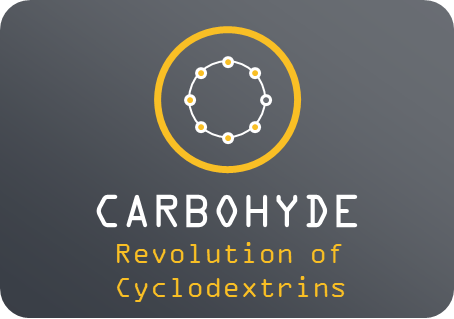After sharing news on treating lymphedema, we came across another potential therapeutic use of cyclodextrin. In this preprint from Hefei University of Technology and Emory University authors demonstrate that 2-hydroxypropyl-β-cyclodextrin (HP-β-CD) inhibited the growth and metastasis of triple-negative breast cancer (TNBC) both in vitro and in vivo, although the underlying mechanisms are unclear.
Cholesterol supplementation can attenuate HP-b-CD-inhibited TNBC growth and metastasis both in vitro and in vivo. In vivo, HP-β-CD promoted the infiltration of T cells into the tumor microenvironment (TME) and improved the exhaustion of CD8+ T cells via reducing endoplasmic reticulum (ER) stress and immune checkpoint molecules. Additionally, HP-β-CD inhibited the recruitment of tumor-associated macrophages to the TME by reducing the CCL2-p38MAPK-NF-kB axis. HP-β-CD also inhibited the epithelial-mesenchymal transition (EMT) of TNBC cells mediated by transforming the growth factor-b (TGF-b) signaling pathway.
In summary, the data in the current study suggest that HP-β-CD effectively inhibited the proliferation and metastasis of TNBC and melanoma, highlighting HP-β-CD may be a potential general antitumor clinical drug.

